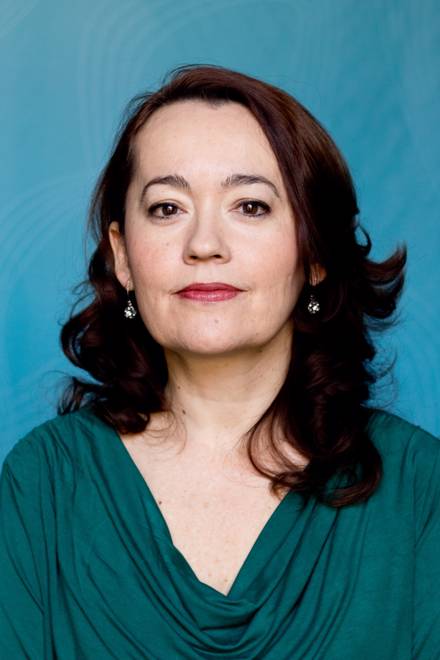Languages spoken
English, Norwegian, Turkish, Brazilian Portuguese, French, Spanish
Working experience
1998–Present: Peace Research Institute Oslo (PRIO)
Sept 2018 - present: Senior Researcher, PRIO
Aug 2013 - Sept 2018: Senior Researcher, based in Brazil
2011–Aug 2013: Research Director, Dimensions of Security
2010–2011: Programme Leader, Conflict Resolution and Peace Building
2009–2010: Senior Researcher
1998–2009: Research, Security Programme
1995–1997: Reseacher, Center for European and Asian Studies, Norwegian School of Management, BI.
1993–1995: Various positions including Teaching, translation and personal assistance.
Academic visitorships
2003 - Fulbright research scholarship, Georgetown University, Washington.
2001 (October) - Visiting Research fellow at Centre for Eurasian Strategic Studies (ASAM) in Ankara, Turkey.
Education
2009 - Dr. Philos. in Political Science, Uniaversity of Oslo/PRIO.
Dissertation title: Turkey's military élite at a crossroad: Paths to desecuritisation?"
1993 - Master of Philosophy in International Relations - Security Studies, University of St. Andrews, Scotland.
M.Phil thesis: “Ecofeminism: Critique or critical theory?”
1990 - Bachelor of Arts Honours in French and Politics (including one year spent at Literature Faculty of Université de Nantes, France as part of French language degree). University of Keele, England.






